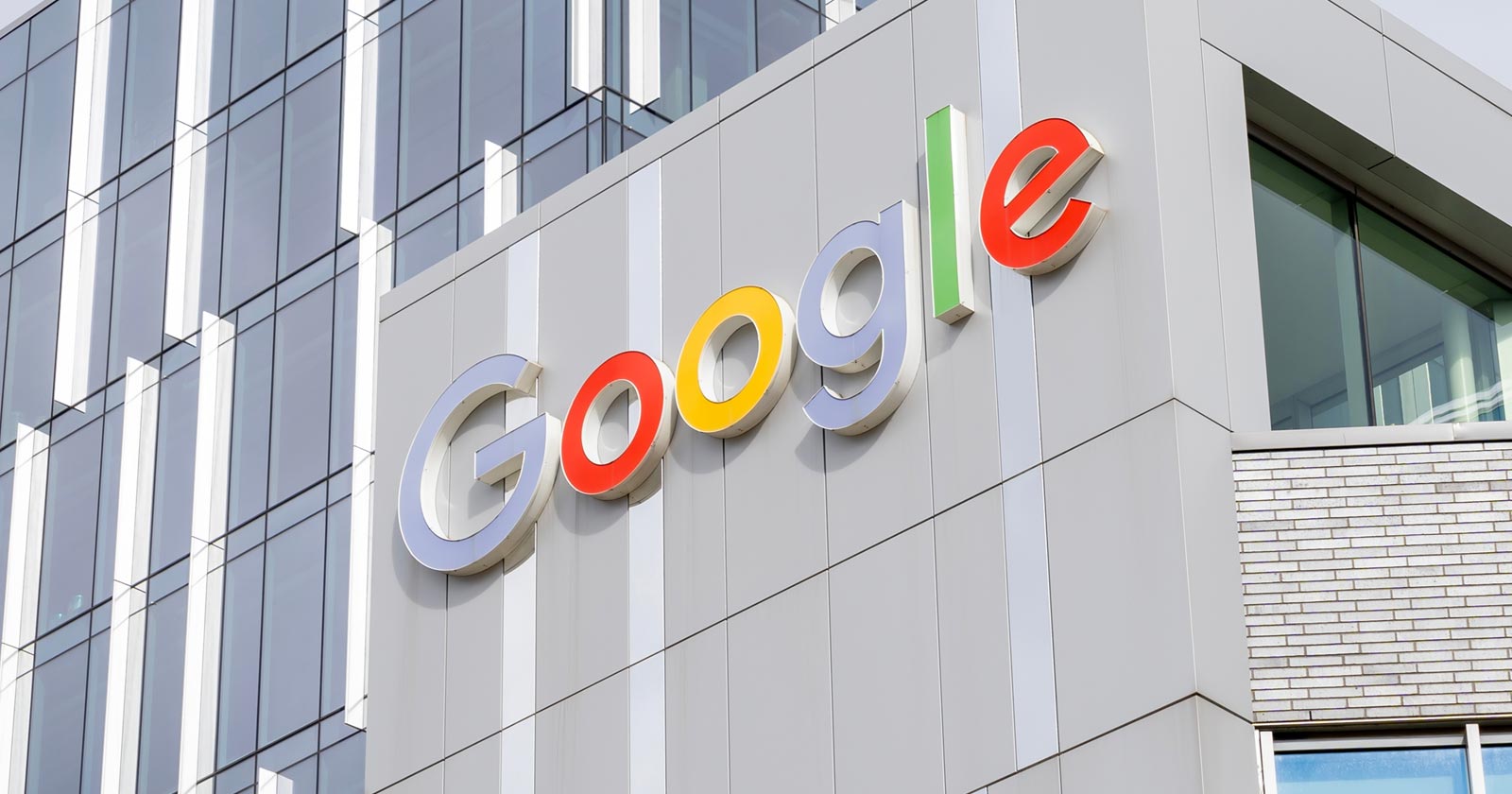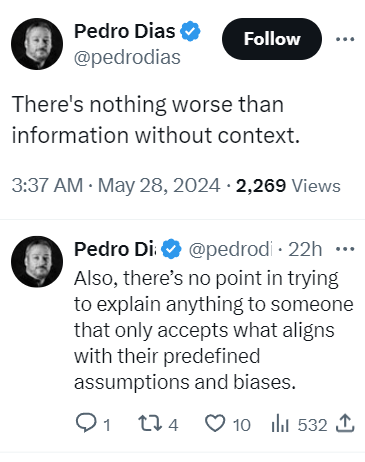Doubts Emerge Over Alleged Google Data Leak via @sejournal, @martinibuster
Some search marketers are skeptical of connections between the alleged Google data leak and ranking factors The post Doubts Emerge Over Alleged Google Data Leak appeared first on Search Engine Journal.

Many SEOs are coming to the conclusion that the alleged Google data leak was not a leak, did not contain ranking algorithm secrets, was five years out of date and it did not show anything new. While that’s not how everyone feels about it, SEOs in general don’t tend to agree about anything.
As SEJ reported yesterday, there were signs that this was not a ranking algorithm data dump and that there were many unanswered questions.
Our take about the alleged leak was:
“At this point in time there is no hard evidence that this “leaked” data is actually from Google Search… and not related in any way to how websites are ranked in Google Search.”
At this point we have more information and many SEOs are saying that the information is not an algorithm data dump.
Some SEOs Urged Caution
While many in the search community were quick to accept the claims of a data leak at face value, others who care about actual facts cautioned to slow down and think first and to be open minded to all possibilities.
Tweet By Ex-Googler Pedro Dias

Ryan Jones was the first to offer a modest note of caution, advising people in a tweet to view the information objectively and without preconceived ideas.
Ex-Googler Pedro Dias tweeted:
“Have no issues with the shared data. And advising caution on the interpretation of some items.”
Pedro followed up with another tweet to explain why he couldn’t comment on specifics:
“I can only speak for me. I think you understand why I can’t just correct specific items. What I’m saying is that context is needed and room should be given for interpretation.”
Someone tweeted that Pedro’s response didn’t add anything to the discussion.
Pedro responded:
“I didn’t say that. All I’ve been saying is please be careful jumping to conclusions. If you think that’s not helpful, than I’m sorry.”
The ex-Googler later tweeted about the importance of having discussions:
“Let’s remind everyone:
– It’s healthy to bring logical arguments to a discussion.
– It’s not healthy to expect everyone to buy opinions without discussing. Especially when it comes from data sources lacking context.”
Search marketing expert Dean Cruddance tweeted:
“There isn’t anything that gives away the secret sauce.”
To which ex-Googler Pedro Dias responded:
“100%
But the impact of this, fuels a lot of tinfoil hattery and simplistic takes on search, which is suboptimal.
In the end, I believe it’s more detrimental than beneficial. Not for the information it contains, but by how it’s gonna be spun and interpreted.”
This SEO Is Not Buying It
As the day passed more and more SEOs began openly doubting the leak. Twenty-year search marketing expert Trevor Stolber (LinkedIn profile) posted his observations about the alleged leak, indicating that he wasn’t “buying it.”
Some of what he posted on LinkedIn:
“It’s from a deprecated code base (still very interesting – but old and not used) It’s not actually from their ranking algorithm, it is an API used internally We already knew most of the things that are in there Good production code documentation would specify ranges and values – I see none of that here Google doesn’t use DA (Domain Authority) – DA is an analog to PR (Page Rank) which was Google’s stand-out differentiator – I am not sure why so much attention is being paid to these nuances.”Kristine Schachinger, another SEO who I personally know to be an expert, commented in that discussion that the information in the so-called leak dated from 2019.
“I have been reading the raw dump and they are all dated 2019 and there is literally nothing you can gather from 90% of the pages — I so agree. “
Others in that discussion openly questioned if it was actually a leak and most everyone agreed that there was nothing new in it and advised it was better to focus on Google’s new AI Overviews, particularly because AI doesn’t follow ranking factors.
This Was Not A Leak?
Out of all the people in SEO, the person who can most be described as the father of modern SEO is Brett Tabke. He is the founder of PubCon search marketing conference and also the founder of WebmasterWorld, which in the early days of SEO was the largest and most important SEO forum in the world. Brett is also the person who coined the acronym SERPs (for search engine results pages).
Brett devoted five hours to studying the data leak and then posted his observations on Facebook.
Among his observations (paraphrased):
This is not a leak There is zero in it that’s directly algorithm related but rather they are API calls. He found nothing that points to how any of the data could be used as part of a ranking algorithm.Ash Nallawalla, an enterprise SEO with over 20 years experienced commented:
“Like I said a few times, it is merely an API document with a list of calls and not an algo code dump. At the most, we can learn some more internal Google terminology.”
Google Data Leak: Where Are The Facts?
It’s sinking in within the SEO community that this wasn’t the Google algorithm data leak that some expected it to be. In fact, it wasn’t even a leak by a Googler. And far from being algorithm secrets many are agreeing that there is nothing new in there and that it’s just a distraction.

 BigThink
BigThink 
































